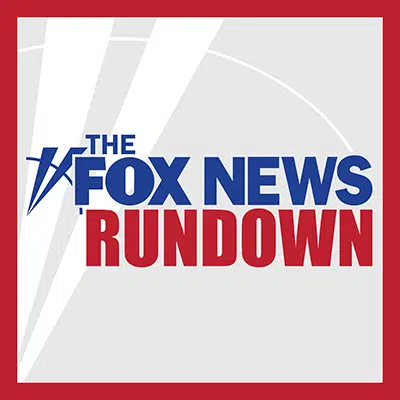LONDON (Reuters) – The West says Russia has made repeated threats to use nuclear weapons in Ukraine, but what has President Vladimir Putin actually said on the possible use of nuclear weapons?
NUCLEAR WARNINGS?
The recent surge in concern over a possible nuclear escalation come after two Putin speeches last month in which he clearly indicated that he would, if needed, use nuclear weapons to defend Russia.
Putin on Sept. 21 warned the West he was not bluffing when he said Russia would use “all available means to protect Russia and our people”.
The Kremlin chief said the West was plotting to destroy his country, engaging in “nuclear blackmail” by allegedly discussing the potential use of nuclear weapons against Moscow.
“This is not a bluff. And those who try to blackmail us with nuclear weapons should know that the weathervane can turn and point towards them,” Putin said.
At a Kremlin ceremony to formally annex around 18% of Ukrainian territory on Sept. 30, Putin said that the United States had created a “precedent” by dropping atomic bombs on the Japanese cities of Hiroshima and Nagasaki in August 1945.
He again repeated Kremlin policy that it would defend Russian land “with all the powers and means at our disposal”.
Shortly after the invasion, Putin ordered Russia’s nuclear forces onto high alert.
Putin, the ultimate decision maker on any nuclear launch, has not publicly mentioned tactical nuclear weapons in relation to Ukraine. Russian foreign ministry spokeswoman Maria Zakharova says the United States has gravely distorted Putin’s words.
ANNEXED TERRITORY?
Since the Soviet Union detonated its first nuclear bomb in 1949, Moscow has promised to use nuclear weapons to defend its territory, but the difference over Ukraine is that it has annexed more than a fifth of its neighbour.
The Kremlin has said that any attack on those territories would be considered an attack on Russia itself. It has clarified that Russia’s vast nuclear umbrella extended to those territories, including Crimea which was annexed in 2014.
Russia’s nuclear doctrine allows for a nuclear strike after “aggression against the Russian Federation with conventional weapons when the very existence of the state is threatened”.
DIRTY BOMB?
Russian Defence Minister Sergei Shoigu this month has repeatedly raised concerns that Ukraine could use a “dirty bomb”.
Shoigu spoked with counterparts in the United States, Britain, France, Turkey, India and China.
Both Ukraine and the United States have rejected Shoigu’s claim as false. Instead, the West and Ukraine say, Shoigu’s remarks indicate Russia is preparing to escalate.
The West, Ukraine and Russia have not supplied evidence for their claims.
“Our information that provocations with the use of a nuclear bomb may be planned in Ukraine is quite reliable,” Foreign Minister Sergei Lavrov said on Oct. 24.
“Detailed information indicating the institutions that can do this was transmitted through the line of Russian Defence Minister Sergei Shoigu in his conversations with colleagues from the United States, France, Great Britain, Turkey.”
WHAT HAVE PUTIN ALLIES SAID?
– Ramzan Kadyrov, head of Russia’s republic of Chechnya, said on Oct. 1 that Moscow should consider using a low-yield nuclear weapon in Ukraine after a major new defeat on the battlefield.
– Dmitry Medvedev, a former president who now serves as deputy chairman of Russia’s Security Council, said in September that the U.S.-led NATO military alliance would be too scared of a “nuclear apocalypse” to directly enter the conflict in response to a Russian nuclear strike on Ukraine.
Medvedev has previously cautioned that any attack on Crimea would prompt a “Judgment Day” response from Moscow and warned that attempts to cow a nuclear power such as Russia could endanger humanity.
– Lavrov: The West keeps trying to say that Russia is voicing nuclear threats yet Putin has been clear that Moscow’s nuclear policy is defensive. Russia, he said, remained committed to the Jan. 3 pledge by major nuclear powers that a nuclear war cannot be won and must never be fought.
(Reporting by Guy Faulconbridge; Editing by Alex Richardson)




